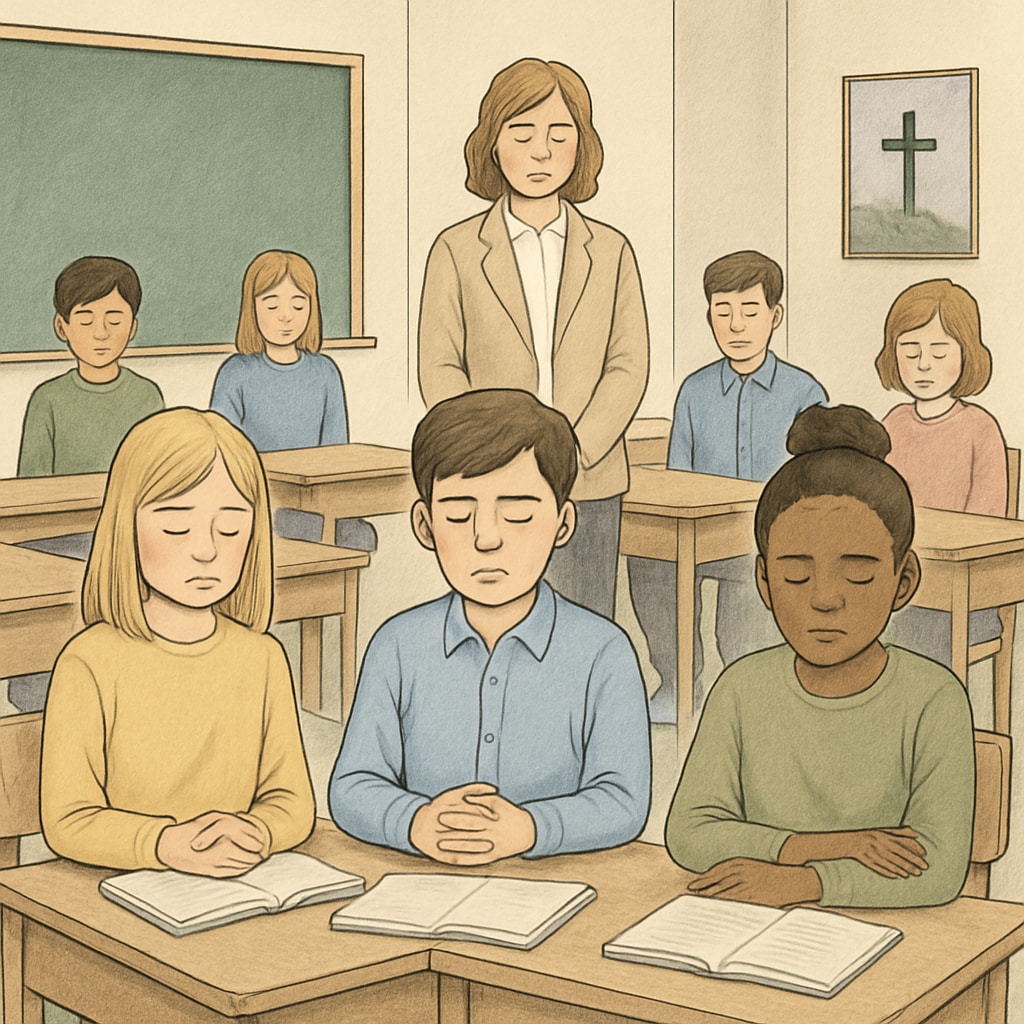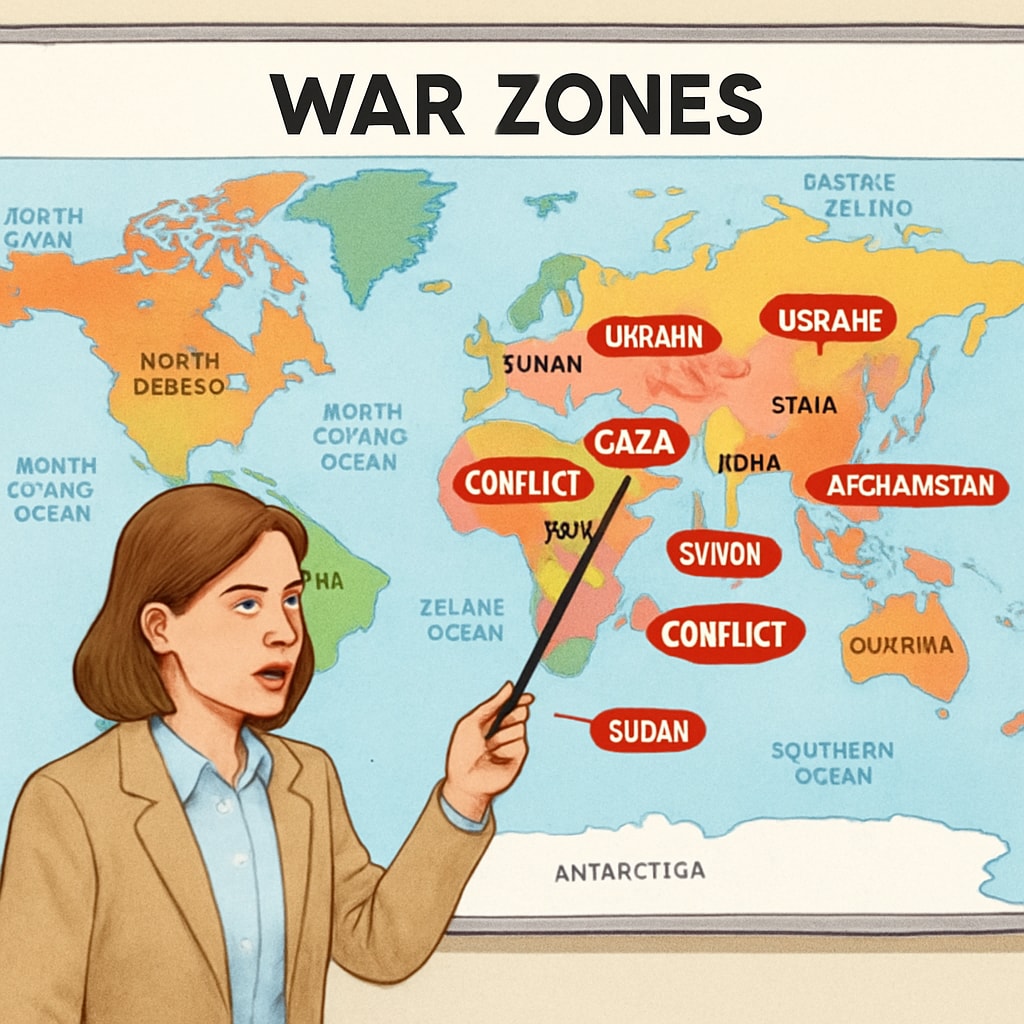The recent debate surrounding schools transforming “Gaza mourning” events into a generalized commemoration for global war victims raises significant questions about the intersection of education, politics, and sensitivity. This “de-specialization” approach has sparked controversy among educators, parents, and activists, with differing opinions on whether such neutrality serves as a responsible educational practice or an evasion of critical global issues. By analyzing this approach, we can better understand the challenges schools face in addressing politically charged topics while upholding their educational mission.
Why Schools Opt for Generalized Commemorations
Schools are often viewed as environments where young minds are nurtured with knowledge, critical thinking skills, and moral values. However, when politically sensitive events like the Gaza conflict emerge, educators face mounting pressure to address these issues without alienating diverse communities within the student body. The decision to generalize Gaza mourning into a broader commemoration for all global war victims highlights an attempt to avoid taking sides in politically contentious matters.
Some educators argue that this approach fosters inclusivity by acknowledging the suffering caused by conflicts worldwide, rather than singling out specific events. For example, war memorials often adopt universal themes to honor fallen soldiers regardless of nationality. Similarly, generalized mourning in schools may aim to teach students about empathy and the universal impact of war without diving into politically charged specifics.

The Challenges of “De-specialization” in Educational Contexts
While the intent behind generalizing commemorations might be well-meaning, critics argue that such “de-specialization” dilutes the significance of specific events. For instance, Gaza has been at the center of decades-long geopolitical conflict, and ignoring its unique context may prevent students from understanding the historical, cultural, and political complexities behind the tragedy.
Moreover, the approach can inadvertently alienate communities who feel their struggles are being minimized. Parents and students from regions deeply affected by the Gaza conflict may view the shift toward generalized mourning as a dismissal of their pain. This criticism mirrors broader debates on whether neutrality in education sometimes equates to avoidance of responsibility. Balancing inclusivity with meaningful engagement is a delicate line for educators to walk.

Striking the Balance: Recommendations for Schools
To address these challenges, schools may consider adopting more nuanced approaches to politically sensitive topics. Here are some recommendations:
- Contextual Education: Instead of avoiding specifics, educators can provide balanced, factual information on conflicts like Gaza, alongside lessons on global war impacts. This helps students understand both local and global contexts without bias.
- Student-Led Initiatives: Allowing students to lead discussions or create projects related to specific conflicts fosters engagement and ownership, making the topic less polarizing.
- Inclusive Commemorations: Schools could host events that combine universal themes with specific recognitions, such as a day to honor Gaza victims while also reflecting on global war impacts.
- Community Dialogue: Engaging parents and local communities in discussions about how schools should approach sensitive topics ensures transparency and collective decision-making.
By implementing these strategies, schools can navigate sensitive issues more effectively while fulfilling their educational responsibility to inform and empower students.
Conclusion: Navigating Education and Neutrality
The controversy surrounding Gaza mourning and its generalization into global war victim commemorations underscores the inherent tension between education and politics. While schools aim to foster inclusivity and neutrality, they must also ensure that their approaches do not trivialize specific conflicts or communities. Striking this balance requires thoughtful planning, open dialogue, and a commitment to providing students with a comprehensive understanding of global issues.
Ultimately, schools have the potential to transform moments of silence into opportunities for meaningful reflection and education, cultivating empathy and awareness in future generations. As educators and policymakers continue to grapple with these challenges, fostering an environment of mutual respect and informed discussion will remain key.


